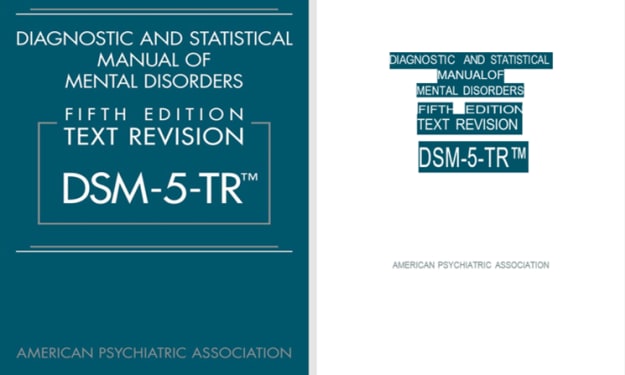The Hidden Battle: Exposing the Impact of Mental Health Stigma and the Need for Open Dialogue
Breaking Down Barriers: Unveiling the Consequences of Mental Health Stigma and the Urgency for Honest Conversations

In the realm of mental health, a hidden battle wages on, often overshadowed by silence and shame. This battle is fought against mental health stigma, a pervasive force that diminishes understanding, perpetuates stereotypes, and hinders progress in supporting those in need. In this article, we will delve into the impact of mental health stigma, uncover its hidden consequences, and emphasize the urgent need for open dialogue to combat this pervasive issue.
The Veil of Stigma: The Far-Reaching Consequences
Mental health stigma casts a long shadow, affecting individuals on multiple levels. It isolates those who are struggling, discourages seeking help, and perpetuates a cycle of silence that prevents healing and progress. Stigma fosters a climate of judgment, misunderstanding, and fear, leaving individuals feeling ashamed and marginalized. By lifting the veil on the consequences of stigma, we can begin to address its far-reaching impact.
Destigmatizing Mental Health: The Power of Open Dialogue
One of the most effective ways to combat mental health stigma is through open dialogue. When individuals feel safe to share their experiences, struggles, and triumphs, it humanizes mental health challenges and fosters empathy and understanding. Open dialogue encourages others to speak up, seek support, and contribute to the destigmatization process. By embracing honest conversations, we can break down barriers and create a society that prioritizes mental well-being.
The Language of Stigma: Challenging Preconceived Notions
The language we use surrounding mental health plays a significant role in perpetuating or dismantling stigma. Words matter, and the stigmatizing language associated with mental health only serves to reinforce negative stereotypes. By challenging preconceived notions and adopting inclusive, non-judgmental language, we can create a more supportive and empathetic society. It is through conscious language choices that we begin to reshape the narrative around mental health.
Personal Stories: The Catalyst for Change
Sharing personal stories has the power to humanize mental health struggles and challenge stigma. When individuals bravely open up about their experiences, they inspire others to do the same. Personal stories create connections, break down barriers, and foster a sense of community. They help individuals realize they are not alone in their battles and provide hope and encouragement for those who may be hesitant to seek help. The power of personal narratives cannot be underestimated in the fight against stigma.
The Role of Education: Empowering Minds
Education is a vital tool in breaking the cycle of mental health stigma. By providing accurate information, debunking myths, and promoting mental health literacy, we can empower individuals to challenge stigma and foster a climate of support and acceptance. Incorporating mental health education into schools, workplaces, and communities is crucial in creating a foundation of understanding and empathy.
Creating Safe Spaces: Encouraging Help-Seeking Behavior
Safe spaces that prioritize mental health support are essential for combating stigma and encouraging help-seeking behavior. When individuals feel comfortable reaching out for support, they are more likely to seek the assistance they need. Establishing such spaces in schools, workplaces, and communities creates a culture where mental well-being is valued and prioritized. By reducing the fear of judgment and fostering a sense of acceptance, we can empower individuals to seek the help that can transform their lives.
Advocacy and Policy Changes: Paving the Way for Progress
To truly tackle mental health stigma, we must advocate for policy changes that prioritize mental well-being. This includes increased funding for mental health services, improved access to care, and the integration of mental health support into all aspects of society. By championing these changes, we pave the way for progress and create a more inclusive and supportive environment for all.
The battle against mental health stigma remains hidden but not insurmountable. By exposing its impact, embracing open dialogue, challenging preconceived notions, sharing personal stories, promoting education, creating safe spaces, and advocating for policy changes, we can dismantle the walls of stigma and create a society that supports and uplifts those struggling with mental health challenges. Let us not shy away from the hidden battle but confront it head-on with empathy, understanding, and the power of open dialogue. Together, we can break the chains of stigma and ensure that mental health is no longer a silent struggle.
About the Creator
Ridley Harrison
I am a minister of religion, a husband, a father and grandfather. I am originally from the island of Jamaica. I love God and all people.
Enjoyed the story? Support the Creator.
Subscribe for free to receive all their stories in your feed. You could also pledge your support or give them a one-off tip, letting them know you appreciate their work.






Comments
There are no comments for this story
Be the first to respond and start the conversation.